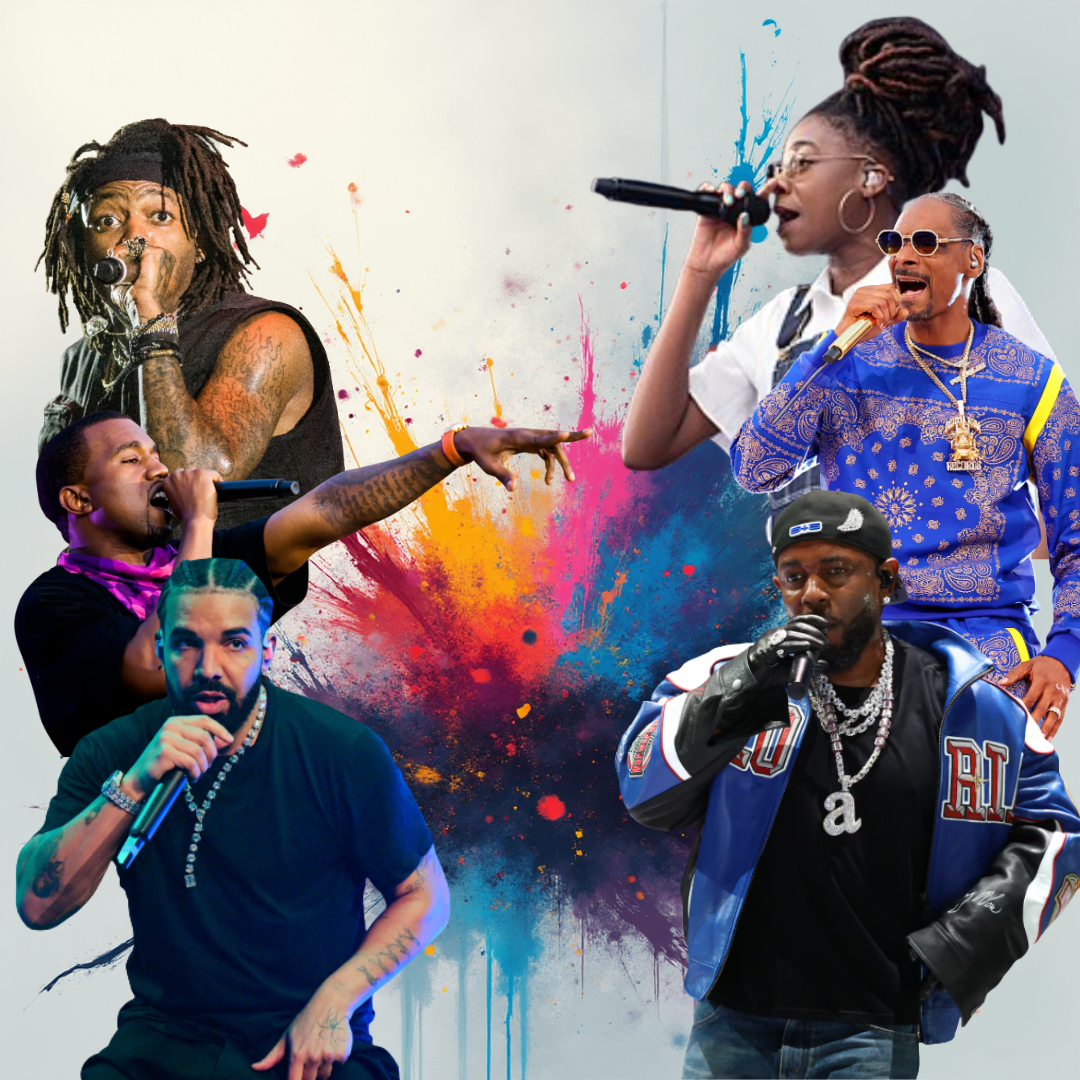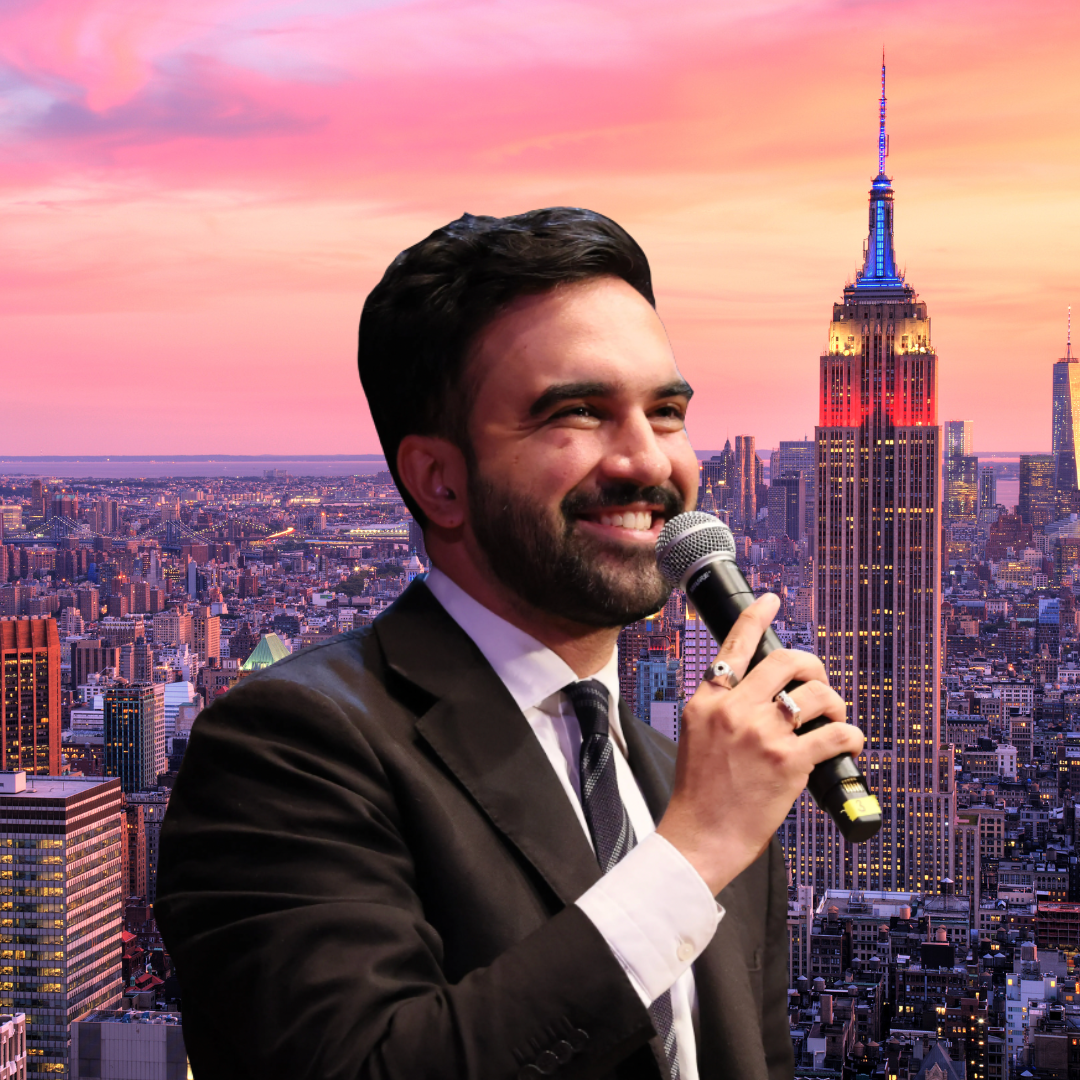When wasn’t there grown folk rap?
The recent internet fascination with veteran artists feels like they need a late pass
Q-Tip and LL Cool J! Pete Rock and Common! DJ Premier (Preemo!) and NaS! A completely self-produced Rakim album! In the last several months, the hip-hop world’s collective mind exploded as these albums were teased and announced. These collaborations, these particular artists releasing music together, almost feel surreal, like some threads or X posts where people weigh in on their dream music lineups. But it’s not a dream. All these records are happening: Common and Pete have already released their records while the others have dropped singles or teasers signaling the impending heat coming. All of this on an existential level is glorious!
For almost the entire existence of rap music, the myth has been that a culture founded and inspired essentially by youth means that there was a shelf life on the relevancy of artists. However, that shelf life had more to do with their birthdate than the decay of their skills or imaginations. Rappers such as Jay-Z, NaS, Busta, etc., were “legacy” artists, one-of-one’s and outliers who could hold our attention well into their advanced rap years. Still, even then the discussion often centered around how their new music wasn't quite their old music. In the previous generation, artists such as Run DMC, LL Cool J and Juice Crew were relegated to a supposed senior circuit, or even complete nonexistence. For whatever reason, rap was a real-life Never Never Land, and upon reaching maturity, you were expelled never to be seen or heard from again. This, in reality, is the furthest thing from the truth. There are almost too many emcees and artists who well into their 30s, 40s and even 50s have continued to make records — but records that can stand with almost anything they had done in their catalogs previously. Despite this, when NaS, Black Thought, Royce Da 5’9, etc., have released music in the last several years, the conversations online resort to cliches about them bringing rap back or resurrecting their careers. It would be one thing if these artists had taken extended hiatus, but many of them have been consistently releasing music either through features or full-length projects.
Another side of this myth is the idea that, because of the youthfulness of the culture, an artist at an advanced age or stage of development will no longer have inspiring or attractive music to attract new fans or be largely relevant. Andre 3000 actually alluded to these thoughts when discussing his own reasons for no longer rapping. He felt he no longer had something to contribute lyrically to the genre (something that LL fiercely but respectfully disagreed with months later in a separate conversation). The underlying feeling in that statement was that it had much to do with his stage of life and the topics and experiences he was having as a “grown person” would not transfer well to the current, contemporary trending audience that were rap fans. His statement, along with the current output of legends with recent high-profile releases, has some room on the Internet for a whole other genre being created or a category for older artists, like adult contemporary.
While I understand the merits of that idea, for numerous reasons it’s hard for me to get behind it as a real idea. First and foremost, the crux of the argument for a category for “grown folk” rap is that, without a specific category, it will be left to compete commercially with the rest of the market. For example, when Billboard charts for rap/hip-hop do not distinguish between the longevity of the artist, nor the subject matter, proponents of the idea will feel that good music is unfairly being compared to or lumped into music that isn’t similar. While that could be generally true, there is much overlap between artists of different generations. When looking at large periods of rap music, it has always had a range of styles and topics, so why would now be the time to draw artificial lines for the sake of hoping to secure more accolades? That idea seems counter to the ethos of rap for decades. Even if this idea is a myth itself, rap had railed against being judged strictly by market numbers and recognition from the industry, as acceptance isn’t the be-all and end-all to the goals of the music. Yes, that shifted quickly as the commercial viability of the genre exploded, but even at its height, many artists have still continued to espouse those values of being respected by peers and by the community on merit. Also, if the legacy music is different and isn’t meant to “compete” with its newer younger offspring/siblings and if separating ensures that, does that automatically mean that (1) only the artist’s original fanbase is being catered to and (2) no one under a certain age will listen to more “adult contemporary” music? That idea seems off to me.
Second, proponents of the argument actually are speaking more specifically about “legacy” artists who became popular within the mainstream/commercial structure. I think this second point for me has the bigger blind spot. An underlying bias and fissure within rap music has been between what is considered “professional” (read “commercial”) and what isn’t (read “independent” non-major-label artists). This call for a new category doesn’t consider artists whose music has grown to maturity as they have in sound and content, or that they are very much viable with large fan bases and a modicum of commercial success. And I say this as someone who, yes, is on the very long tail end of that latter category. However, I’m speaking about artists such as Little Brother, J-Live or Ka, who have been making “grown folk” rap for a while. In content and in sound, the current crop of legacy artists aren’t doing something that hasn’t already been happening — hell, those legacy artists didn’t magically start doing it either!
So the underlying elephant in the room appears to be one of commerce, which doesn’t seem like a genuine reason to create a superficial category for the sole purpose of carving out yet another niche that hopefully opens up a new revenue stream? Or more financial opportunities? Wouldn’t you do that anyway by continuing to create art and handle your business? Ultimately, the idea that there is a new and magical version of rap and hip-hop by specifically grown folks to me is strange. If you never stopped listening to your favorite artists, or exploring the almost endless universe of artists across the genre, then I’d expect you to ask this question, “When wasn’t there grown folk rap?” The answer is, never.





